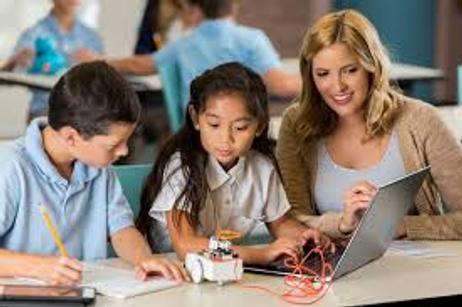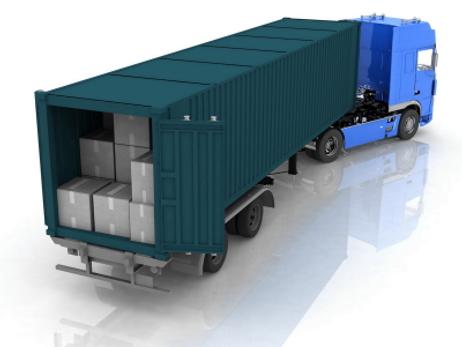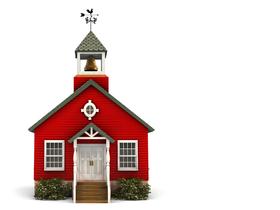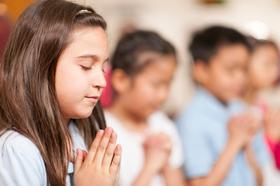Private schools come in a remarkable variety of names and types, each offering a unique educational approach and philosophy. In this comprehensive article, we delve into the fascinating world of private schools, shedding light on the diverse range of institutions available to families seeking alternative educational options.
From elite prep schools to Montessori academies, religious-affiliated institutions to progressive learning centers, the landscape of private schools is rich and diverse. We examine the various names and labels associated with these educational establishments, uncovering the meanings behind them and the educational philosophies they represent.
Discover the distinctive characteristics of different private school types, such as independent schools, boarding schools, single-sex schools, and alternative schools. Gain insights into their educational methodologies, curriculum choices, and core values. Whether you are interested in a traditional academic focus, a specialized arts program, or an emphasis on experiential learning, this article will help you navigate the vast array of options available.
Furthermore, we explore the benefits and considerations associated with each type of private school, allowing parents to make informed decisions based on their child's unique needs, interests, and learning styles. We highlight the advantages of smaller class sizes, personalized attention from dedicated faculty, and the availability of extracurricular activities that foster holistic development.
The definition of an independent school.
Collins Dictionary defines an independent school as "a private school, not open to or controlled by the public, especially one that is nonreligious and supported mainly by tuition and private funds." An independent



































